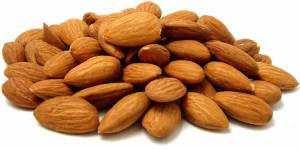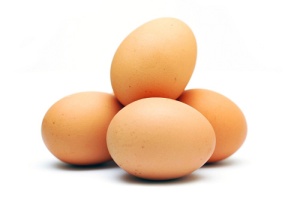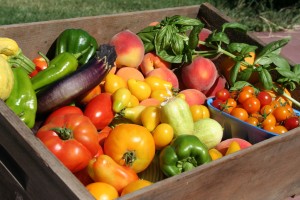How to Have a Healthy Vacation!
With just 2 days left until our 2-week Hawaiian cruise, I thought I would write this post today before getting knee deep in packing and laundry! I wanted to share my experiences with having a healthy vacation. Here are some of my tips, as well as how I plan on having a healthy vacation this time around as well! 1.) Workout every day. Yes, EVERY DAY! Usually, the hotels we go to or the cruise ships we vacation on have complementary gyms. And these gyms are really nice! On my last two cruises, I made sure to workout every morning. I did a mixture of cardio and weights which lasted about 45 minutes-1 hour. These gyms also usually having personal TVs so you can watch your favorite shows or movies! Getting this workout in early in the day ensures that it will actually happen before the business of your vacation day begins! Invite your family and friends to workout with you as well so you don't feel like you are missing out on spending time with them! Making this a family affair will also keep you accountable to go and get the workout done! :)
2.) Try to eat fruits and veggies at every meal, preferably in place of starches! I have been on my fair share of cruises, and let me tell you, cruises=indulgence to the max! Everywhere you turn, there is food. And not just normal food...highly palatable, sugar-laden, delicious food! I've realized that a way I can make healthier choices is to swap out my starchy option for a fresh fruit or vegetable side. For example, I remember on the last cruise we went on, they had a curry chicken dish on the buffet line with white rice and curry veggies for lunch. I chose the chicken and an extra large side of the veggies, and skipped on the rice. This way, I could enjoy this delicious curry dish without wasting calories on empty, nutrient-poor foods such as white rice. Another easy way to do this is to get a burger, no bun, and top it on a salad! The burger meat tastes just as delicious...trust me! Or get roasted sweet potatoes or a side salad to complement your meal, instead of a pasta or bread side. The possibilities are endless! Get creative, and try to choose a variety of proteins, fruits, and vegetables throughout the day! :)
3.) Avoid midnight buffets, late night snacking, and every-day desserts. This one applies mostly to cruises, but could also apply to any vacation! Whether you eat dinner late on a vacation, or enjoy the midnight buffet nightly on a cruise, this is one area where I have to be strict! There is really no reason to eat after a delicious, usually 3-course dinner on vacation. This might occasionally happen, but definitely should not be a nightly habit. This type of eating usually happens late at night when you have already had enough calories and delicious food for the day. What I have done in the past, and plan on doing now, is that if I am hungry after dinner, I plan on getting some pineapple slices or a piece of fruit or nuts as a night snack. These choices are much better options compared to a heavy dessert or even a plate of food that turns into a second dinner! Now, of course there is some wiggle room...if you have had a light eating day and see something you absolutely must have at the midnight buffet, I recommend splitting it with a family member or friend, or using the 3-bite rule: 3 bites, and you're done...and please don't use a ladle for this! ;)
4.) WALK EVERYWHERE! Seriously, this is one thing that could possibly make or break your vacation. Staying active will ensure that you are moving and burning calories throughout the day, which will make the occasional treat harmless and guilt-free! Stairs are always a much better option than the elevator. Go sight-seeing on foot, walk all over your cruise ship, or just go exploring! Making your vacation an active one will help you be able to afford those occasional treats that are bound to come your way!
5.) HAVE FUN! Lastly, have fun!! It's vacation, and you should enjoy it! But, food is not the only way to enjoy a vacation. I'm not saying don't enjoy your vacation meals...you can pick these foods in moderation as long as you are making other, nutrient-dense choices throughout the day (and not eating huge portions)...but also try to find other ways to have fun!!! Bond with your family, relax by the pool and read, go on walks, look into some non-food related activities to do on your cruise ship, and just try to relax and enjoy your time. Being happy and stress-free will actually decrease your chances of having a food free-for-all, and setting back your healthy eating plans significantly. It is okay to enjoy, and even indulge (remember the 3-bite rule!) but overall, try to stay as active as possible, choose healthy, colorful foods, and ENJOY!
Well, those are my tips for now! I will also write a "post-vacation" post to share my experiences on this vacation! This is the longest cruise I have ever been on, and I am excited to explore Hawaii and spend time with my parents! I hope you all have a wonderful Christmas and New Year! See you in 2014! :)





